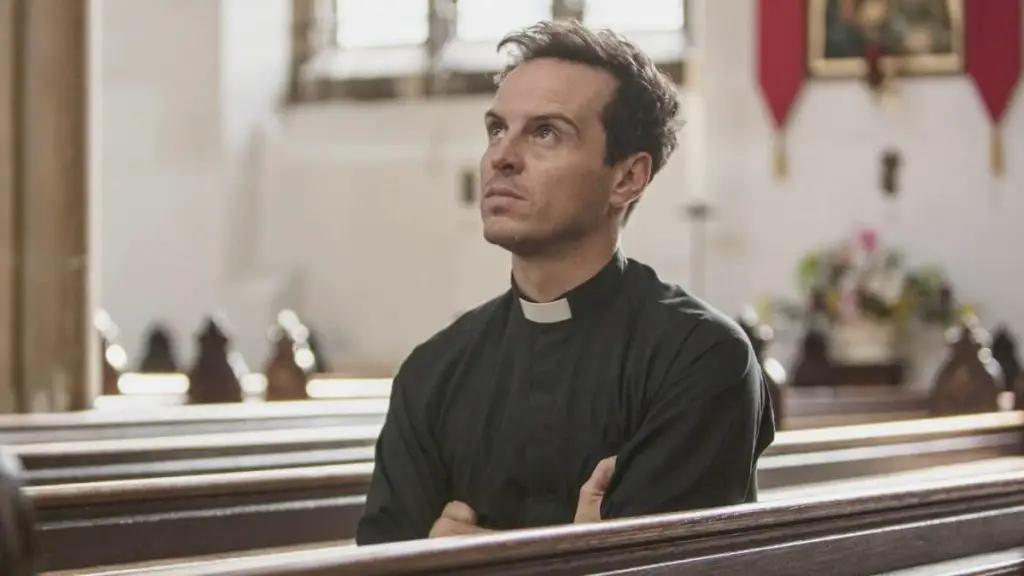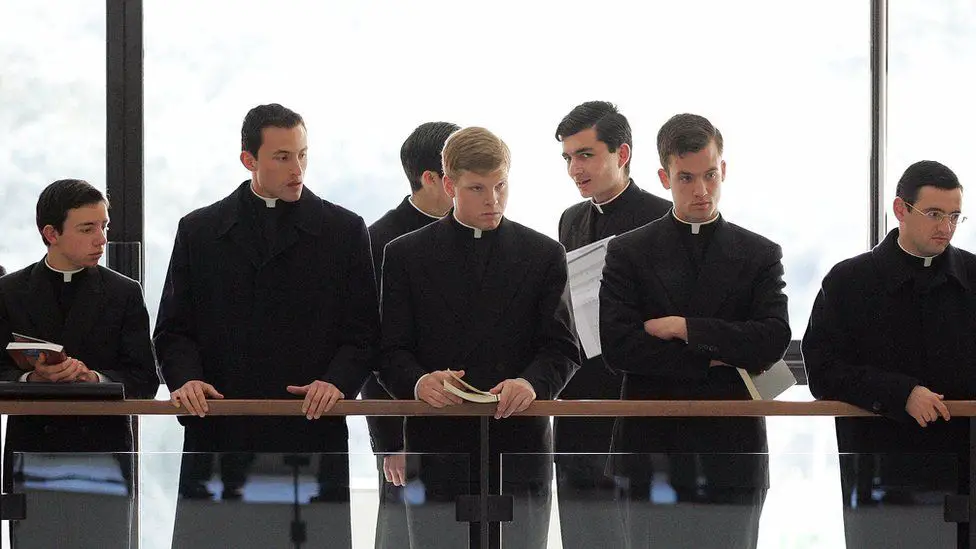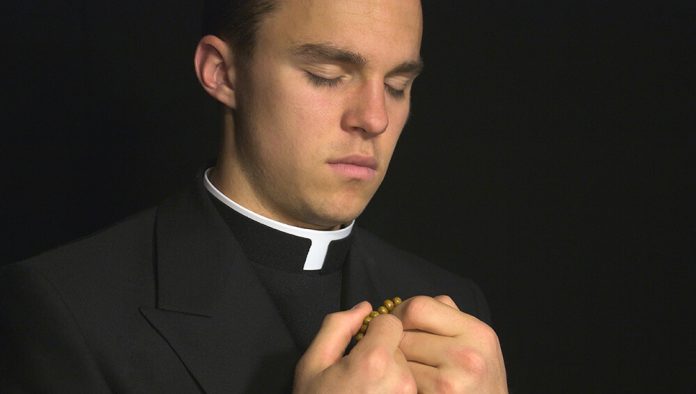Celibacy has been and continues to be an integral part of many religious traditions in the world, particularly within the Catholic Church.
On the surface of it, the church typically assumes that anyone called into the priesthood is also accorded the divine assistance to lead a celibate life.
That is far from reality, however, because it is undeniable that many priests struggle to commit to and maintain a celibate life.
Breaking celibacy is a blanket term that usually alludes to clerical sexual misconduct in the Catholic church, with respect to priests, clerics, and nuns who vow to abstain from marriage or sexual relations.
According to a review by A.W. Richard Sipe on Sex, Priests, and Secret Codes that interviewed over 1500 priests and their sexual partners, it was revealed that at least 50% of priests are involved in celibacy violations.
So, why do priests break celibacy? What do they do when they break celibacy? What is the position of the church on this matter? And beyond the emotional turmoil associated with violating a deeply held commitment, are there any consequences to the individual?
Let’s investigate…
Why Do Priests Break Celibacy?
The tradition of celibacy was first widely codified in the 12th century by the Roman Catholic clergy.
However, it wasn’t necessarily adhered to, even by those in the highest of places in the Church hierarchy.
As early as the 13th century, Rodrigo Borgia – a priest who later became Pope Alexander VI, reportedly had four kids with his mistress.
That, coupled with numerous others whose stories never make it to the public domain, is thought to have spurred on the Protestant movement.
Fast forward to today, reports abound regarding clerical child abuse scandals, nuns assaulted by priests, or priests who go out of their way to break celibacy vows and father children.
So, the question remains, why do the same people who promise to abstain from all forms of sexual relations make the U-turn, often aware of the penalties involved?
In the eyes of clerical advocacy, celibacy is considered a sacred gift from God given to ministers so they can serve with an undivided heart and remain dedicated in their service to God.
On the flip side, however, priests are deprived of conjugal intimacy and fatherhood – a challenge that most don’t live up to.
As many as half of priests globally break their celibacy vows, (which often leads to spiritually compromised lives), and here is why:
- Some priests consider the celibacy vows as merely a formal requirement that is subject to change at any time.
- Some reinterpret the vows as an inner call to commit to the gospel.
- Others, often after many years of service, do decide that it is time to have a family in which case, they can decide to get married or leave the church instead.
- Some consider celibacy as simply a promise to remain unmarried.
- Others believe that since they are human and are prone to get caught up with their sexuality, facing those desires head-on can make them integrate easily and become better priests.
Also read: Why Are So Many Priests Predators? (5 Main Reasons)
What Priests Do When They Violate Celibacy Vow

Ever wondered what happens to priests who break the vow of celibacy? And what options do they have?
Generally speaking, breaking celibacy will undoubtedly cast a priest into a precarious situation.
While the specific options available to a priest vary widely depending on the prevailing policies of his religious institution, here is what a priest who has broken celibacy can do:
1. Confess and Repent
If a priest’s actions are a one-off and he feels deeply sorry about his transgressions, confession and repentance are among the ways to go.
In such cases, he may seek spiritual guidance, confess his actions to a mentor or fellow priest, seek forgiveness from God, and repent.
The process of confessing and expressing remorse serves as a means of catharsis, allowing the priest to confront the depths of his emotions and take responsibility for his actions.
2. Take a Leave Of Absence
The priest can take a temporary leave of absence from his clerical or pastoral duties to reflect and initiate the process of healing.
This period of withdrawal allows him to step back from his responsibilities and immerse himself in profound introspection.
During the sabbatical, he is afforded the opportunity to confront the underlying issues that may have led to the violation of his vow of celibacy.
3. Resign
For most religious institutions, this decision solely rests with the priest.
That being said, if the policies dictate so, then the priest can decide to voluntarily resign from his role.
By stepping away from his clerical position, the priest acknowledges the sacred nature of his vows and his responsibility to uphold the moral standards expected of him.
Resignation can also serve as a powerful message to the community about the significance of celibacy within the context of his faith.
4. Counseling, Therapy, and Rehabilitation
Another thing he can do is engage in counseling therapy to explore the underlying reasons that prompted the breach of celibacy vows.
Engaging in therapy can allow him to delve into the deeper layers of his psyche, gaining insight into the factors that contributed to his momentary lapse in celibacy.
A skilled therapist or counselor can provide a non-judgmental space for the priest to express his feelings, explore his vulnerabilities, and identify patterns of behavior that need attention.
Through introspection and guided therapeutic techniques, the priest can develop healthier coping mechanisms and strategies to navigate challenges in his life and ministry.
In addition to formal counseling, seeking support from trusted friends or mentors can further unravel any emotional or physical challenges he may be facing.
5. Follow the Institution’s Policies
Each religious institution has its own set of rules and procedures to handle violations of celibacy.
The priest must comply with these guidelines and cooperate with any investigations or disciplinary actions that may be required.
Adherence to these protocols is essential in resolving the matter within the context of the religious community.
6. Undertake Further Spiritual Training
Finally, depending on the severity of the breach and the religious institution’s stance, the priest might be required to undergo additional spiritual training or education.
This could include seminars, workshops, or mentoring programs focused on celibacy, moral principles, and personal growth.
Consequences of Breaking Celibacy in Priesthood

When priests break celibacy, they not only face significant personal or professional consequences, but the impact of their actions can extend to their faithful.
The potential challenges include but are not limited to:
I. Personal and emotional struggles
Breaking celibacy will undoubtedly cast a priest into an emotional tailspin.
By violating a long-held vow, a priest is likely to suffer immense internal conflict because of feelings of guilt, shame, and a crisis of faith.
However, one can begin the journey towards healing and restoring strained relationships with other clergy members by seeking forgiveness from God and reconciling with the congregation.
II. Ecclesiastical Ramifications
The Catholic Church takes celibacy seriously, and it is a mandatory requirement for priests.
When that vow is violated, however, the ecclesiastical penalties can be severe.
On the rather lenient side, a priest may be required to confess and do all the penance he is given.
In worse cases, however, the church may take disciplinary action and suspend or dismiss him from the priesthood.
Ecclesiastical consequences are part of institutional celibacy and aim to uphold the integrity and trust in the church as a religious institution.
Ecclesiastical consequences can encompass:
- Loss of clerical privileges
- Disciplinary actions (including demotion to lay state)
- Stunted professional progress within the church.
III. Erosion of trust and confidence by faithfuls
The revelation that a priest has broken celibacy can have a profound impact that extends to the faithful.
For a devout faithful, this can potentially erode trust and confidence in the church institution, because those mandated to guide spiritual lives are blatantly in disregard of guidelines.
Breaking celibacy will leave a sour taste in the mouth of the faithful because they are likely to experience confusion, disappointment, and a sense of betrayal.
The church may have to deal with a disillusioned or weakened faith community.
You may also want to check: Consequences of Sleeping With a Catholic Priest
What support avenues does the church accord to priests who break celibacy?

Breaking celibacy vows has broader consequences not only for the individual but the entire religious community.
The Catholic Church recognizes the human side of the equation and is fully aware of the fallibility of its priests.
As such, it offers several avenues in such cases to facilitate reconciliation, personal healing, and spiritual growth.
Such avenues include:
A. Pastoral care and support
The church provides pastoral care and support services to priests who have broken celibacy.
These can be in the form of spiritual guidance, counseling, repentance avenues, and other opportunities that can nurture personal growth and reflection.
B. Mending strained relationships
A priest who violates celibacy guidelines will likely suffer relationship strain with fellow clergy members, his family, and friends.
This can compromise his trust and social networks. In such instances, the church avails resources to the priests to help them address what triggered their transgressions.
This is a crucial first step to help individuals seek reconciliation with themselves first and foremost before they can embark on the journey of seeking forgiveness from God and the church community.
Should priestly celibacy be optional? And What Is The Church Doing About It?
Celibacy is a discipline of the Latin Church and the Catholic Church principally adheres to it in particular.
In recent years, however, disturbing celibacy violations have drawn uncomfortable attention to the priesthood.
Some former Catholic clerics and liberals have argued that there are married priests who are validly ordained to serve in Eastern Churches as an exception.
In the present society, affairs involving nuns, laywomen, and priests are commonplace, and that has led to some asking why priestly celibacy cannot be optional.
While the Catholic Church organization is still tight-lipped on the matter, there is tremendous pressure to diminish adherence to celibacy and make the requirement optional.
You may also want to check:



